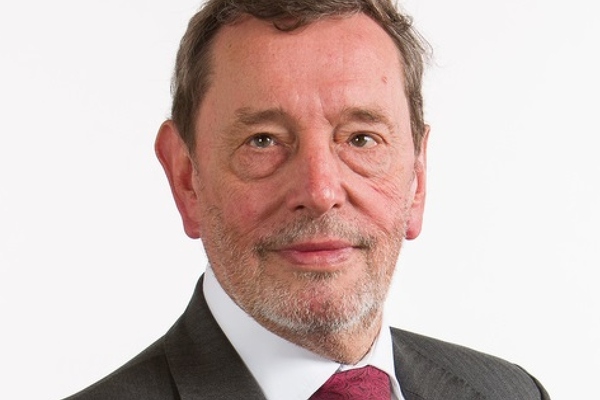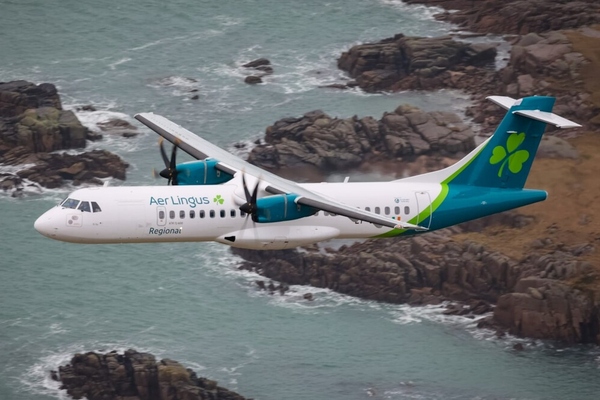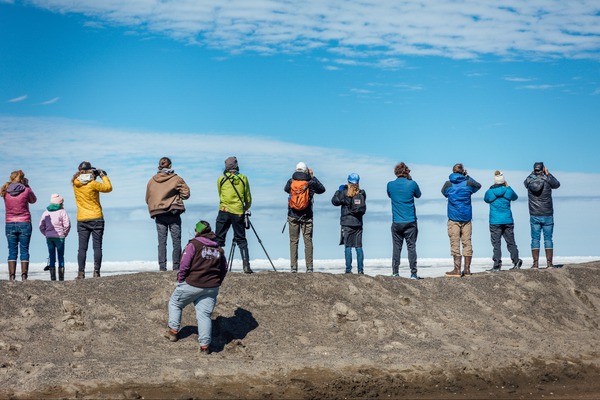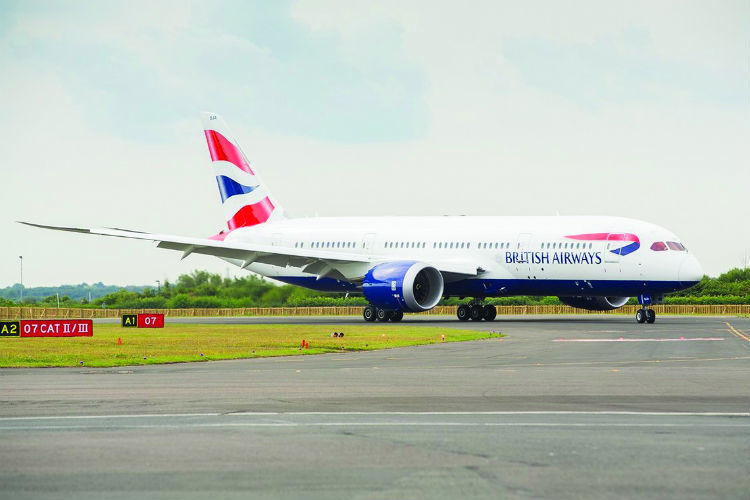'Tens of thousands of Brits' cannot use eGates, says former home secretary
 Harry Kemble
Harry KembleLord David Blunkett says he and “tens of thousands” of other completely blind Brits cannot currently use eGates at UK airports and ports.
According to the UK government website, there are more than 270 eGates in operation at 15 air and rail ports in the UK to speed up entry into the country.
However, Blunkett, who has been blind from birth, told delegates at TTG’s Fairer Travel Diversity Forum on Monday (8 July) that because his eye lids flicker, the facial recognition technology built into the UK’s eGates is unable to check his identity against his passport photo.
He later told TTG he estimates “tens of thousands” of Brits are currently impacted by this.
Speaking on stage at the forum, he said: “I cannot use the eGates even when I am looking precisely into the camera. I cannot do it. We’ve got to join everything together.”
More: Travel urged to ask questions of travellers with accessibility needs
He called for airlines, airports and Border Force to join forces to improve the passenger experience.
"If you cannot see, and the assistance does not start until you reach the desk, how do you get to the desk?" Blunkett continued. "People do not realise that you’ve got to join all of these things up."
Blunkett said training staff to handle passengers with accessibility or neurodivergent needs is “fundamental”.
"You’ve got to get it right, right through the system,” he said. “Unless airlines believe in what they do and get the message that it will change their bottom line, this [conversation] is just an add on. It’s forgettable.”
To support his point, Blunkett recalled a recent trip where he was given an ambulift to board the plane as well as a wheelchair.
"I did not need a wheelchair or an ambulift,” he said. “There’s sometimes an assumption that I need these things. You do not need to bundle someone into something like a wheelchair if their eyes do not work.
"People just need to ask the passengers what the best form of assistance would be for them. I’ve had some bizarre experiences.”
’Bizarre experiences’
Blunkett also told delegates how he once travelled to a country where his guide dog would not be welcomed so he flew without one.
But when he arrived at the embarkation gate, he was approached by an airline worker who told him he couldn’t take his dog on the aircraft after they assumed he would be travelling with one. "I just said to him, ‘look around you and you will see I’ve not brought my dog’,” he added.
On the recent manifestos produced by the parties contesting last week’s general election, Blunkett acknowledged the thought that had gone into some policies designed to help those with disabilities, but described the landscape as “scattered”.
“There was not enough in any of the manifestos,” he noted. “There was stuff scattered about. [Parties] tend to lump policies for people with illness and people who inactive together. I did read the lot.”
A Home Office spokesperson told TTG: "Accessibility requirements are a really important consideration of the Home Office. We are in the process of procuring a new generation of e-Gates which give full consideration to accessibility requirements.
“In the meantime, if a passenger is unable to use the e-Gates due to a disability, a Border Force Officer is always on hand to support, and where possible, should be prioritised through immigration control.”
Sign up for weekday travel news and analysis straight to your inbox

Harry Kemble
Supplier Directory
Find contacts for 260+ travel suppliers. Type name, company or destination.














